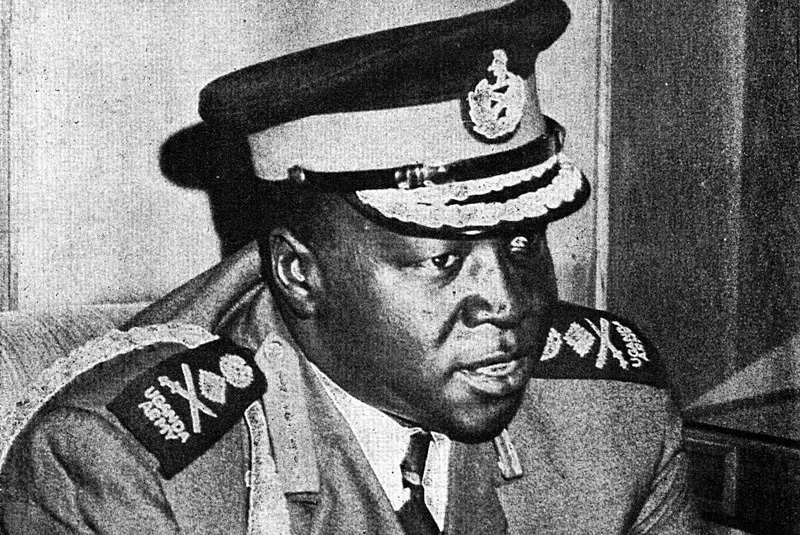On August 4, 1972, Idi Amin Dada, the President of the Second Republic of Uganda, invited representatives of Uganda’s ‘Asian’ community to his house in Kampala, the “command post.” He also invited the international press and high-ranking diplomats from Britain, India and Pakistan.
The representatives of the ‘Asian’ community dreaded attending the meeting called at short notice. Many were unsure of what would come; they did not even know if they would return alive. But they had no choice in the matter.
Over lunch, Idi Amin announced his decision to expel South Asians from Uganda. All Asians – holding British, Indian and Pakistani passports were to leave Uganda within three months. Even Ugandan citizens of South Asian origin were ‘welcome to leave.’ But it came with a warning: they would be “sitting on fire” if they didn’t leave Uganda.
Amin’s decision was, ostensibly, based on a “dream ordained by the divine,” which compelled him to wage a “war of economic liberation.” In essence, it was racial profiling of people from the Indian subcontinent. However, he camouflaged his racist decision as a policy measure that aimed to “liberate the Ugandan economy” from South Asians who, he claimed, were “sabotaging” his country and “encouraging corruption.”
By shifting the blame for Uganda’s economic woes on South Asians, he claimed Asians caused Uganda’s economic problems because they “only milked the cow, but they did not feed it.” Speaking to Richard Lindley, a television reporter from the BBC, he said:
-30-
Copyright©Madras Courier, All Rights Reserved. You may share using our article tools. Please don't cut articles from madrascourier.com and redistribute by email, post to the web, mobile phone or social media.Please send in your feed back and comments to [email protected]











